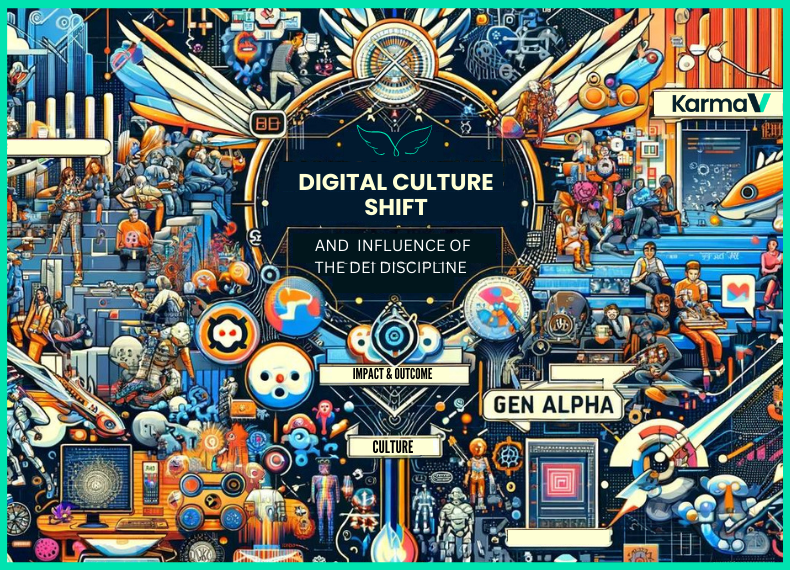
Organizations continue to communicate their ambitions of improving diversity, equity, and inclusion (DEI), but how willing are they behind closed doors? Can the DEI discipline be more than a social agenda - as it is mainly perceived now?
The business impact of Diversity, Equity, and Inclusion (DEI) is increasingly recognized globally, including in Southeast Asia (SEA), as a significant driver of innovation, employee satisfaction, customer loyalty, and financial performance.
McKinsey & Company's research has consistently shown that companies in the top quartile for gender diversity on their executive teams were 25% more likely to experience above-average profitability than companies in the fourth quartile.
A Deloitte study revealed that 83% of millennials are actively engaged when they believe their organization fosters an inclusive culture, compared to just 60% engagement in less inclusive workplaces.
Additionally, for ethnic and cultural diversity, top-quartile companies outperformed those in the fourth quartile by 36% in profitability.
DEI principles can guide businesses, marketers, and societal leaders in creating more inclusive, equitable, and diverse digital spaces. Here's how DEI intersects with the digital culture shifts and the actionable strategies for businesses:
1. Impact on Business Operations and Culture
- Inclusive Product Design: DEI principles encourage the creation of products and services that cater to a diverse range of needs, abilities, and cultural backgrounds. This inclusivity can enhance user experience and accessibility, opening up markets and opportunities that were previously overlooked.
- Equitable Workplace Technologies: As businesses adopt new technologies, ensuring equitable access and representation in the digital tools and platforms used internally promotes a more inclusive work environment. This involves considering diverse work styles, disabilities, and technological access levels among employees.
2. Influencing Marketing Strategies
- Diverse Representation in Content: DEI principles emphasize the importance of representing diverse identities, cultures, and experiences in marketing content. This not only resonates with a broader audience but also reflects the complex, global nature of digital communities.
- Equity in Platform Use: Marketing strategies informed by DEI take into account the digital divide and seek to use platforms that are accessible to diverse audiences. This includes considering language, cultural relevance, and accessibility features in digital marketing campaigns.
3. Shaping Societal Norms through Digital Platforms
- Promoting Digital Equity: Digital platforms have the power to either bridge or widen societal gaps. DEI-focused initiatives can address issues such as digital literacy, access to technology, and representation in digital spaces, promoting a more equitable digital society.
- Countering Online Discrimination: Businesses can take a stand against discrimination in digital spaces by implementing and enforcing community guidelines that promote respect, inclusion, and equity. This also involves actively working to make digital spaces safe and welcoming for all users.
- Supporting Diverse Voices and Creators: Elevating and supporting content from diverse voices and creators can shift societal norms and challenge stereotypes. Businesses have an opportunity to amplify underrepresented voices, contributing to a more diverse and inclusive digital culture.
Conclusion
DEI is not just an internal policy but a comprehensive approach that influences every aspect of how a business operates, markets itself, and interacts with society at large. By integrating DEI principles into their strategies to navigate the digital culture shifts of 2024, businesses can contribute to creating more inclusive, equitable, and diverse digital environments. This commitment to DEI can enhance brand reputation, foster innovation, and drive social change, aligning business success with societal progress.

0 Comments
No Comments Found.